Glass recycling. It’s something that might seem simple enough on the outside, but there’s far more to it than you might have otherwise thought. According to Business Waste, around 1,500,000 tonnes of glass bottles in the UK are recycled by British households annually. The same source states that recycling just 1 tonne of glass material is enough to recycle, thus making another 4,000 bottles and jars without starting completely from scratch in as little as just 30 days.
Therefore, it’s important that we continue to recycle all of the glass that we can from here on in. With that in mind, we’ll be talking you through how to recycle glass at home. We will also give you some alternatives for recycling glass if it cannot be disposed of in your household recycling bin. From recycling spectacles and lightbulbs to glass jars and cups, here’s everything you need to know about household glass waste recycling:
C
A guide to non-recyclable glass items
It’s a common misconception that every item made from glass can be recycled at home. However, that’s simply not the case. Not every glass product can be disposed of in an at-home glass recycling bin, and there are many reasons for that. From heat-proof glass materials to metallic and laminate coatings, here’s everything you need to know about glass items that cannot be recycled.
Glass cookware
These items may look like the glass you’re recycling, but it’s a different type of glass entirely. They’re made from borosilicate glass. It enables the item to withstand extreme temperatures, such as those given off by a stove or an oven. As such, it makes the melting part of the recycling process incredibly difficult. The same goes for Pyrex and even glass drinking cups and tankards. If those items are in good condition, bring them to a charity shop. If not, take them to your local recycling centre for disposal.
Lightbulbs
While they’re made from glass, lightbulb glass is heat-proof and so it will be coated in a special substance to prevent the glass from shattering under the warmth it produces, especially if it’s a halogen bulb. As such, they cannot be recycled with household glass recycling. Alternatively, you should be able to recycle them at your local waste recycling centre or even at your supermarket, according to Recycle Now.
Window glass
Glazing, whether it be single or double-glazed, will be laminated. Seeing as it’s been contaminated, it cannot be recycled with regular glass waste. Do your research when it comes to getting rid of windows. Most recycling centres will take them, including us here at Willshee’s.
Mugs, plates & crockery
These are ceramic, and so they’re completely the wrong material to be placing them into a glass recycling bin. Instead, bring them into a charity shop to see if they can be made use of by someone else. Alternatively, your local recycling centre will likely ask that they be placed in the bin dedicated to ceramics and porcelain, along with items like bathroom sinks and toilet bowls. Be careful, however, because some waste management sites run by local councils will charge you for getting rid of ceramics.
Drinking glasses
To the naked eye, these look as though they can be recycled, but they actually can’t be. They’re made of different glass compositions, which can lead to contamination and cause remelting issues at the recycling facility. If the glass item you have is in good condition, give it to a charity shop, a friend or someone in the family who may be able to make use of it. As a last resort, take it to your local waste recycling centre to dispose of it safely and responsibly.
Vases
While you might think that these would be ideal for glass recycling, you’d be mistaken. It’s often recommended that you forgo putting vases in with regular glass recycling. This is because they can be made up of different glass compositions, just like drinking glasses. As a result it can cause problems at the remelting stage of the recycling process. If you have abbas to get rid of, donate it to a charity shop or see if a friend or a family member will take it off your hands.
Nail varnish bottles
These cannot be recycled with ordinary, clean glass bottles and jars. While it’s not the glass that’s the problem, it’s the chemical that sits inside it that makes it an issue. Essentially, it contaminates the recyclable material, therefore rendering it non-recyclable waste. What you’ll have to do is give it a thorough clean out with nail varnish remover to rid the bottle completely of the substance. Only once this is done that the bottle be recycled.
Mirrors
Mirrors often come with metallic coating, this is why they cannot be placed into a glass recycling bin. The coating will contaminate pure glass products that can be recycled. What you should do is hire a skip to get rid of domestic waste or take the mirror to your local recycling centre. Either way, it will be processed and disposed of responsibly. Alternatively, if the mirror is in good condition, you can give it to a charity shop or see if a friend or family member could make use of it instead.
Spectacles & sunglasses with glass lenses
You shouldn’t put glass lenses, or items that are not glass (such as plastic or metal frames) into the glass recycling bin at home. This is because the glass is different from that used in bottles and jars, for instance. If you want to get rid of glass lenses and are struggling to find a solution, then there are charities and even professional opticians who will gladly take your used spectacles and recycle them for you at a dedicated facility. The opticians who are able to take your used spectacles off your hands include:
C
Which types of glass waste can be recycled at home?
Despite there being an extensive list of glass items that cannot be recycled at home, there are some that are accepted as kerb-side waste. Those glass products are as follows: jars (such as those used to store jams, chutneys, pasta sauces, casserole sauces, baby food etc), bottles (such as those used to house alcohol, and they can be of any colour) and non-food glass containers (such as perfume, face creams and aftershave). It’s important to remember, however, that all of your at-home recyclable glass waste needs to be thoroughly rinsed and cleaned out before being placed in the bin. This helps to avoid contamination of perfectly good recyclable material.
C
How can I recycle glass if I can’t do it at home?
There are many ways in which you can recycle glass, regardless of whether you have a recycling bin for it at home. It’s never been easier to dispose of glass waste in the UK. There will also be several local waste recycling centres in your area. They will be more than happy to take any glass you have that needs to be recycled. Make sure you do your research first, however. Things like mirrors and window glass might need to go into another container. Ask at your local recycling centre for more information.
Skip hire at Willshee’s
For ultimate convenience, however, many people will look to domestic skip hire or commercial skip hire to get rid of their waste. Here at Willshee’s, we aim to recycle 100% of the waste we collect. In fact, we have a dedicated process for glass recycling. We will continuously collect glass waste until we hit a weight of around 26 tonnes.
We will then deliver it to a local glass recycling facility. This is where the waste is cleaned and sorted by colour before being melted down and moulded into new glass products. Glass doesn’t degrade throughout the recycling process, meaning it can be recycled an infinite number of times. Therefore, we will continue to recycle our glass waste in this manner. When you choose Willshee’s for glass recycling services, you can rest assured that it will be disposed of in a responsible way that is conscious of the environment.
C
C
If you would like further information about our waste management services, including commercial waste management, then look no further than Willshee’s. We will always be on hand to discuss the ideal waste solution, no matter the industry you work in. Get in touch with a member of our dedicated, professional team today – we’re always happy to hear from you.


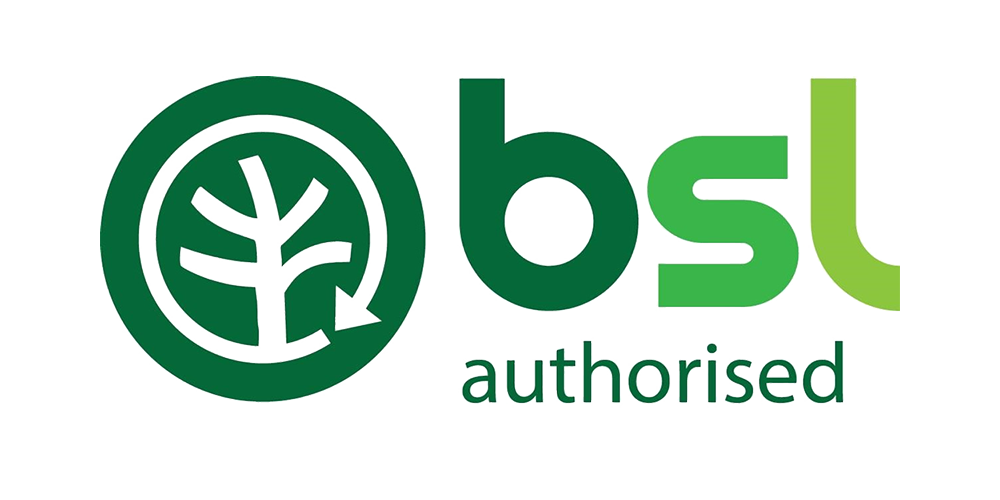








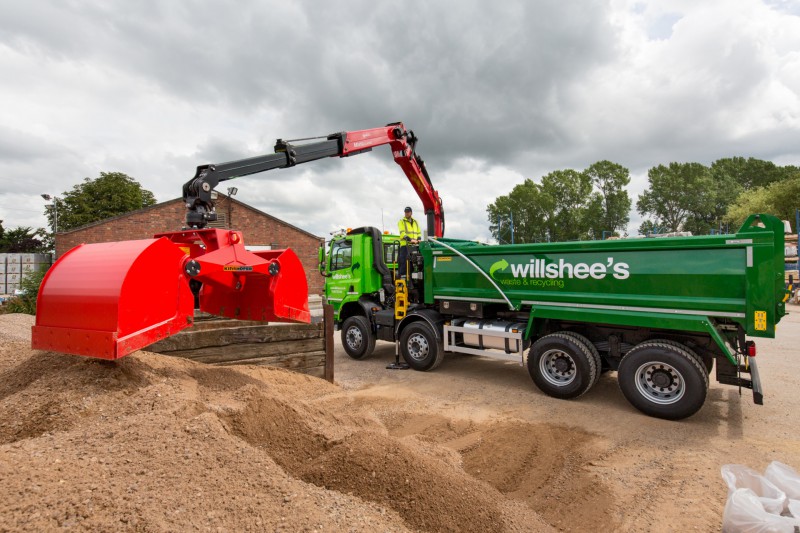

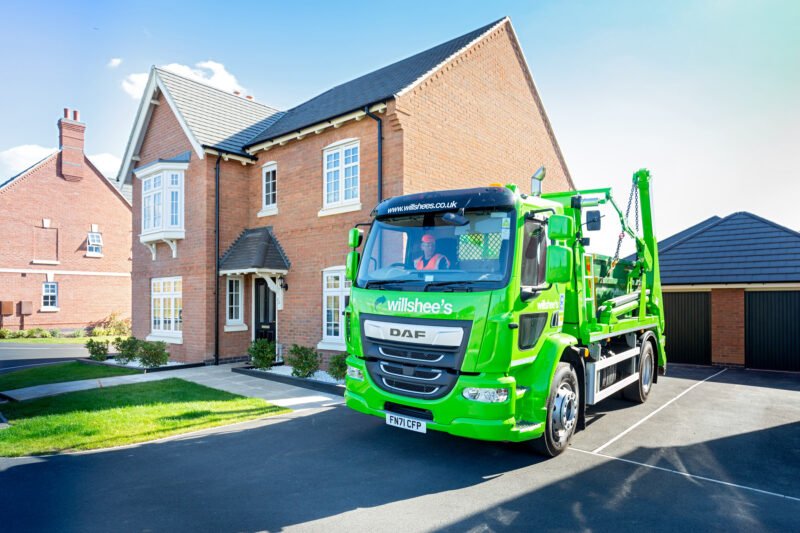
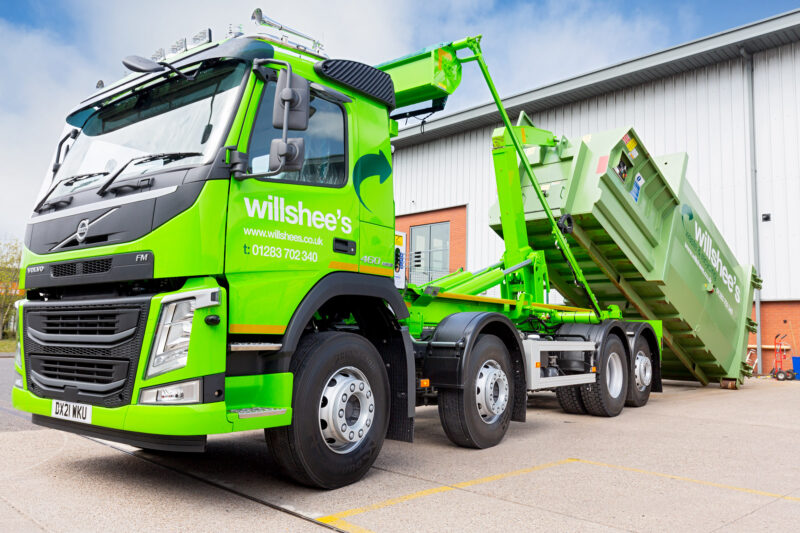
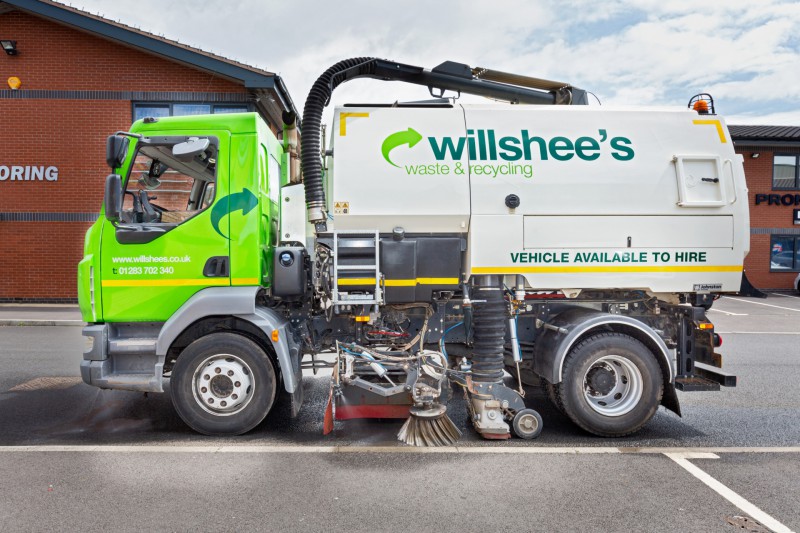
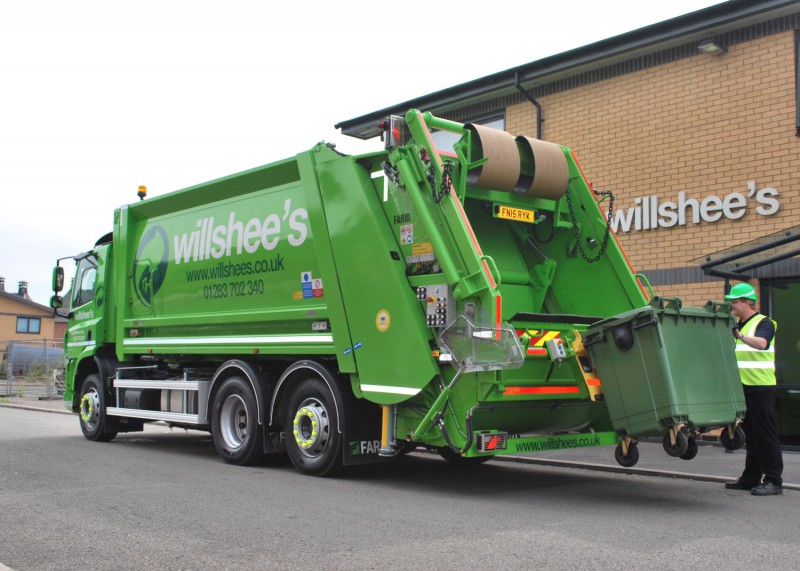
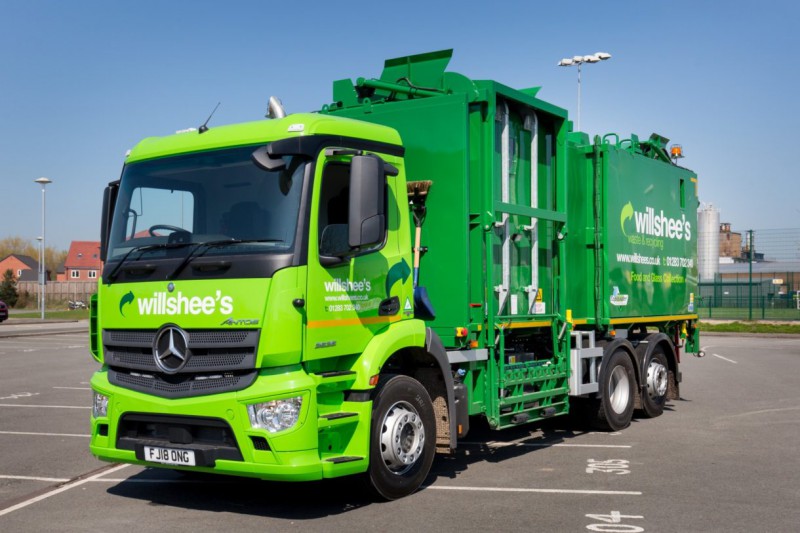
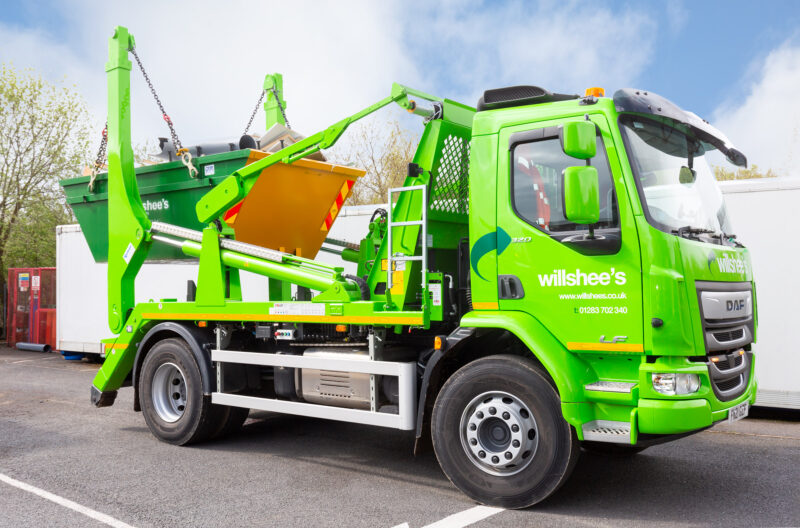
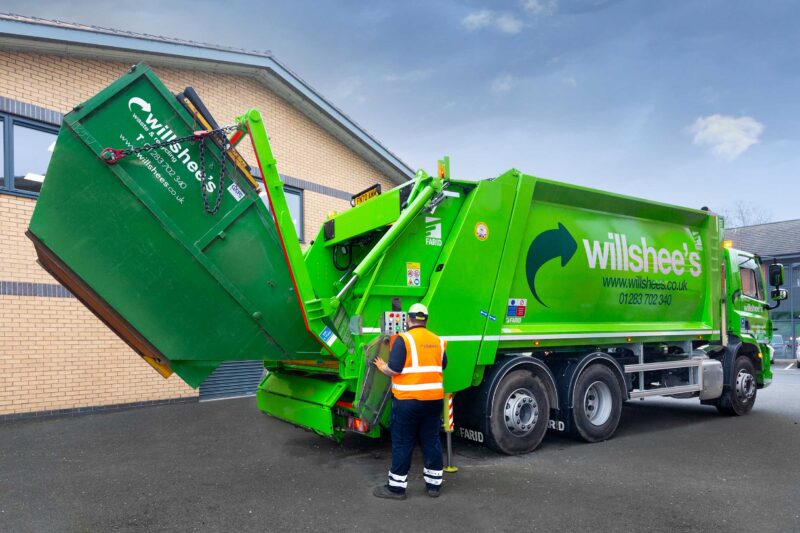
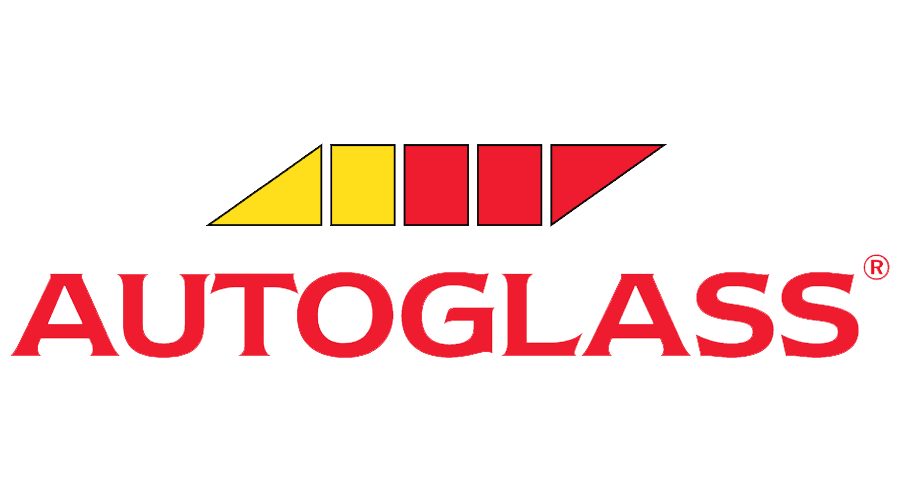



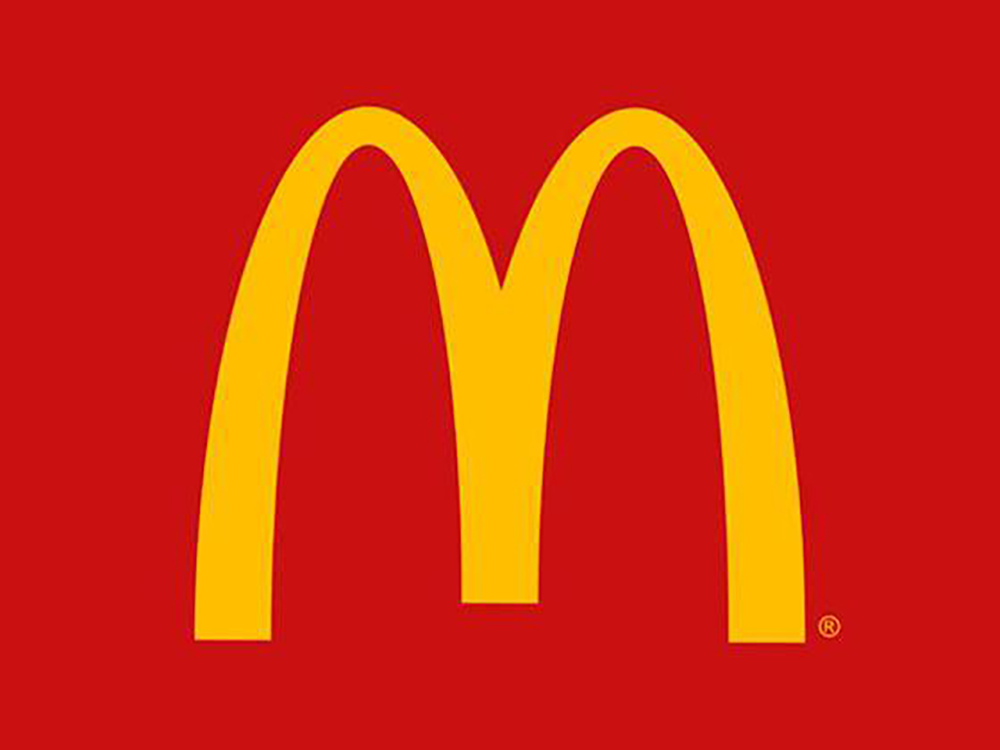

Social